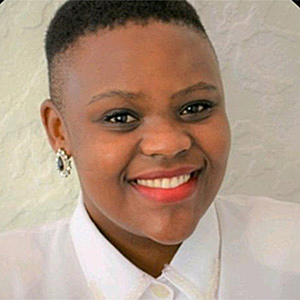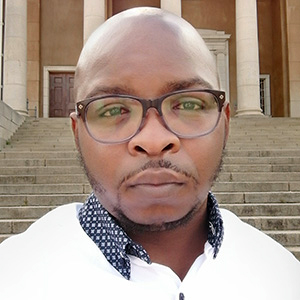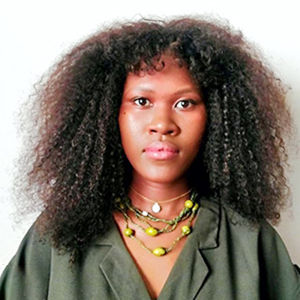The Redesigning Blended Courses (RBC) project, aimed to enhance educational inclusivity and digital accessibility across the curriculum at UCT. Concluding in 2023, this initiative focused on integrating Universal Design for Learning (UDL) principles, ensuring all students, regardless of background or abilities, have equal access to learning opportunities.
The Enabling Accessible Blended Learning for Equity (ENABLE) framework emerged as a significant outcome, equipping educators with strategies and tools for creating more engaging and accessible learning environments, marking a strategic step toward a more inclusive and adaptive educational experience at UCT.

In alignment with UCT's Vision 2030, RBC project lays foundational work for an inclusive, engaged, and digitally innovative university landscape. By focusing on inclusivity and leveraging digital transformation in education, the project embodies the university's commitment to building a future where all members of the university community can thrive. Through its achievements, the RBC project contributes to realising UCT's aspirations for a more equitable, forward-thinking, and connected academic environment, setting a benchmark for educational excellence and innovation.
Project Outputs
Each pillar stands as a beacon of our achievements, with the ENABLE framework encapsulating our holistic approach to education. This framework serves as a guide for teaching staff ,offering approaches and practical tools for ensuring that student learning experiences are accessible, inclusive, and engaging.
Strategically aligned to UCT’s Vision 2030, the Redesigning Blended Courses Project aims to assist the Teaching and Learning community at UCT to develop learning pathways that effectively integrate on-campus and online modes (Blended Learning).
Applying the three principles of Universal Design for Learning (UDL), the approach focuses on designing inclusive digitally-enabled education that:
- Provide multiple means of Representation: present information and content in different ways
- Provide multiple means for Action and Expression: differentiate the ways that students can express what they know
- Provide multiple means of Engagement: stimulate interest and motivation for learning
This approach enables students with diverse learning needs to become expert learners that are able to differentiate ways to express the knowledge they’ve gained, as well as deepen their engagement and interest in the world around them.
Acknowledgement/Funding Support
The promotion of inclusive digitally-enabled education through the redesign of blended courses project is a UCT Project supported by the Department of Higher Education and Training (DHET) through University Capacity Development Grants (2021-2023)
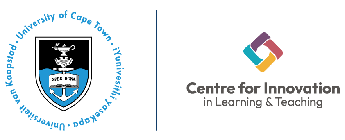
The project is led by the Centre for Innovation in Teaching and Learning (CILT) and draws on expertise locally and internationally through partnering with the Including Disability in Education in Africa research unit (IDEA) for assisting with the development of flexible and locally appropriate course models.
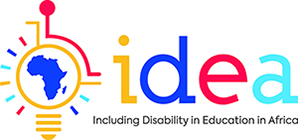
IDEA is generating materials for advocacy promoting asset-based pedagogies and focusing on developing students as expert learners.
The Disability Services Unit also sits on the project committee and offers advice and resources on the accessibility considerations in technology for students with disabilities.
The project aims to make use of existing resources, to develop support for teaching staff in redesigning courses and promoting the use of UDL principles in a variety of blended course designs.
Project Team
Project Lead: Janet Small (Janet.Small@uct.ac.za )
UDL Training and Advocacy Coordinator: Thula Vilakati
Project Manager: Tess Cartmill
CILT: Lauren Butler, Widad Sirkhotte, Thomas King, Precious Kubheka, Diann Selman and Azraa Dawood
ENABLE framework development team: Emeritus A/Prof Cheryl Hodgkinson-Williams, Nadine Hamman, Lara Karassellos, Yakhuluntu Dubazana and Sameer Adams
IDEA: Judith McKenzie, Chantal Samuels, Kofi Nseibo, Amani Karisa and Ikechukwu Nwanze
Disability Services: Denise Oldham
Resources
ENABLE framework for UDL in learning design
INCLUDE Webinar recording: UCT: Promoting UDL principles and strategies for inclusive learning
Course design quality checklist is organised into six areas: orientation, content and organisation, accessibility, engagement and community, assessment and feedback and evaluation. The checklist is underpinned by various educational frameworks, including Universal Design for Learning, constructive alignment, and UCT’s teaching and learning frameworks and policies. The purpose of this checklist is to identify elements in your course that can be included or improved upon in order to enhance students’ learning experiences.
CILT webinar recording: Emeritus Professor Vivienne Bozalek - Attuning to difference for a justice- to-come
CILT webinar recording: Dr Taskeen Adam - Approaches to designing justice orientated MOOCs
CILT webinar recording: Dr Benita Moolman - Student Engagement at the Nexus of Learning, Education and Justice Visibility and Voice
CILT webinar recording: Panel discussion lead by Benedict Leteane - The potential of UDL in dismantling academic ableism for accessibility and inclusion
UCT Teaching and Learning Conference 2022 recording: Blending with Purpose What works in Redesigning Blended Courses for Active Student Engagement
UCT Teaching and Learning Conference 2022 recording: Redesigning an inclusive education course to promote access, participation and success for all
Meet our Ed Tech Advisors
Our Education Technology Advisors (EdTech Advisors) are a group of forward-thinking senior postgraduate students. They have been trained by CILT Learning Designers to support teaching staff to create inclusive, accessible and multi-media rich learning materials and activities, based on UDL principles, aimed at enhancing student access and inclusion.
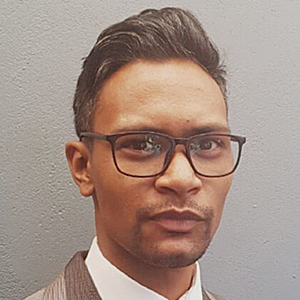
Abduraoaf Sandan
A Master’s in Education student, Abduraoaf has a working knowledge of designing lessons... Read more
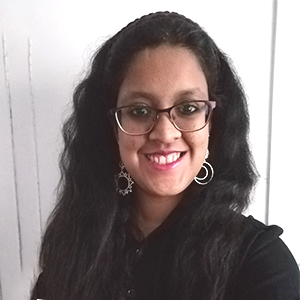
Ayesha Hargey
Ayesha is currently studying towards her Master’s degree in Conservation Biology and... Read more
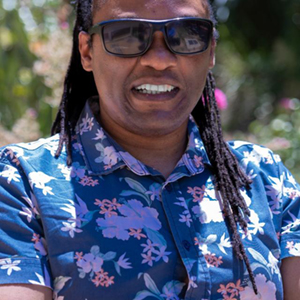
Benedict Leteane
Benedict is a disability researcher and humanitarian, who is currently studying towards an Mphil... Read more
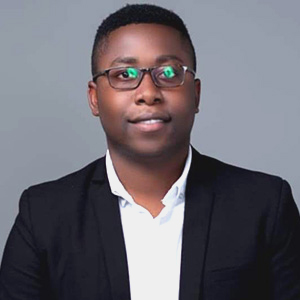
Joseph Mugauri
Joseph is an LLM Intellectual Property (IP) Law candidate and an LL.B cum laude graduate... Read more
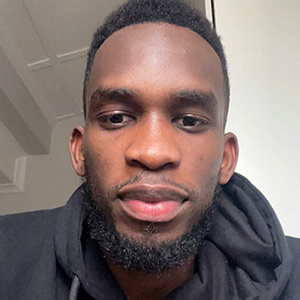
Kevin Abuka
Kevin is a final year Master’s level student in Corporate Finance and Valuations... Read more
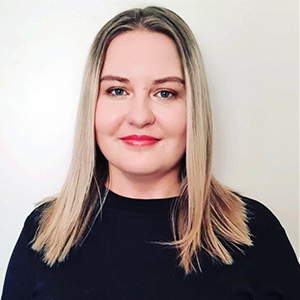
Kristin van Tonder
Kristin is an experienced educator and tutor who is currently pursuing a MEd... Read more
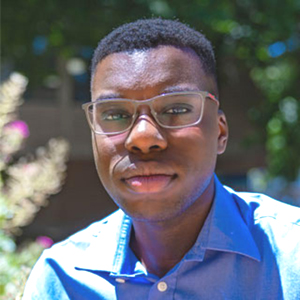
Philip Dambisya
Currently completing his Master's in Public Health (specialising in Health Systems)... Read more




